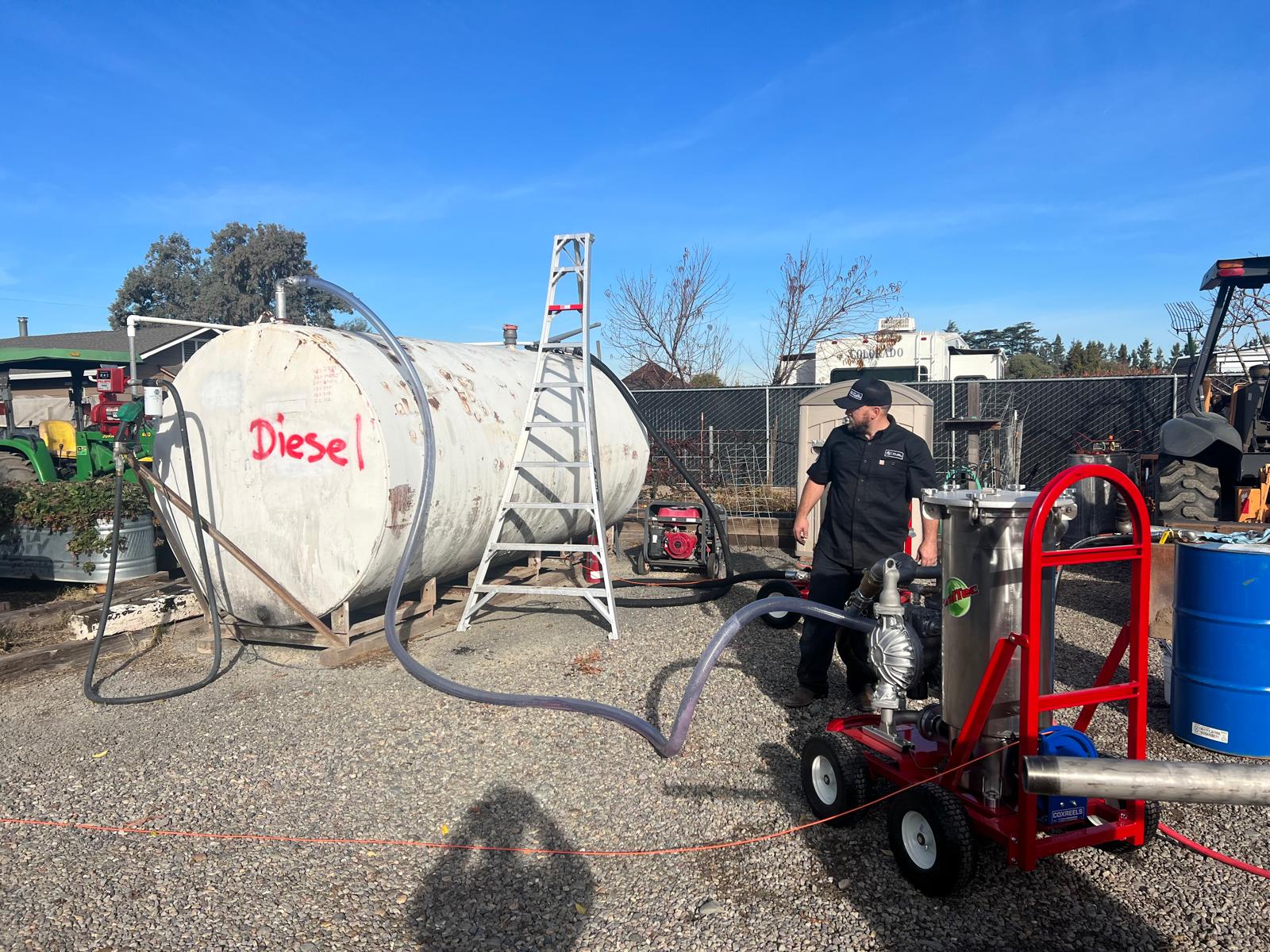Contact Us On:

If you rely on diesel generators, marine engines, or backup power systems, the quality of your stored fuel can mean the difference between reliable performance and costly failures. That’s where fuel testing comes in. It’s a critical first step to identify problems before they escalate—and to protect your investment in equipment and operations.
In this article, we’ll break down what we check during fuel testing and why it matters for businesses, fleet operators, and critical facilities.
What Is Fuel Testing?
Fuel testing is the process of analyzing stored fuel to determine its quality, stability, and overall health. Over time, diesel fuel degrades, gathers water, develops microbial growth, or accumulates particulates—all of which can cause engine problems or complete system failures.
Professional fuel testing provides a snapshot of your fuel’s condition and helps guide the right maintenance or polishing solutions.
Key Factors We Check During Fuel Testing
At FMJ Fuel Polishing, our comprehensive fuel testing process covers several important areas:
1. Water Content
Water is the enemy of diesel fuel. It promotes microbial growth (“fuel bugs”), causes corrosion, and can separate into layers inside your tank. We test for both free water (standing water) and emulsified water (water suspended in the fuel).
2. Microbial Contamination
Bacteria, fungi, and mold can thrive in the water/fuel interface. Left untreated, microbial growth forms sludge, clogs filters, and damages engine components. We check for microbial presence through culture tests and advanced sampling methods.
3. Particulate Contamination
Dust, rust, dirt, and sludge can accumulate inside storage tanks. High particulate levels can quickly destroy fuel injectors, pumps, and filters. We test fuel for particulate levels to determine how clean—or dirty—your fuel really is.
4. Fuel Stability
Over time, diesel fuel can oxidize and form insoluble gums and varnishes. These degrade engine performance and cause filter plugging. We test the fuel’s oxidation stability to assess how long it will remain usable.
5. Flash Point
The flash point is the lowest temperature at which fuel vapors ignite. A low flash point could indicate contamination with more volatile substances, posing a serious safety risk. Testing ensures your fuel meets safety standards.
6. Sulfur Content
For compliance with EPA and industry regulations, sulfur levels must often stay below certain limits. We test sulfur content to ensure your fuel is both legal and safe for modern engines.
Why Fuel Testing Matters
Early Detection Saves Money
Fuel testing identifies small problems before they become expensive disasters, like engine failure or costly downtime.
Extends Equipment Life
Clean, stable fuel ensures better performance and protects critical components like injectors, pumps, and filters.
Boosts Reliability
Whether it’s for a backup generator, a marine vessel, or a fleet, you need to know that your fuel will perform when you need it most.
Meets Compliance Requirements
Many industries, especially healthcare, data centers, and transportation, must meet specific fuel quality standards. Routine testing helps maintain compliance.
Trust FMJ Fuel Polishing for Expert Fuel Testing
At FMJ Fuel Polishing, we understand that your operations depend on reliable, high-quality fuel. Our advanced fuel testing services give you clear insights into your fuel’s health and actionable steps to improve it.
Don’t wait until contaminated fuel causes downtime.
Contact us today to schedule your professional fuel analysis!





Leave A Comment